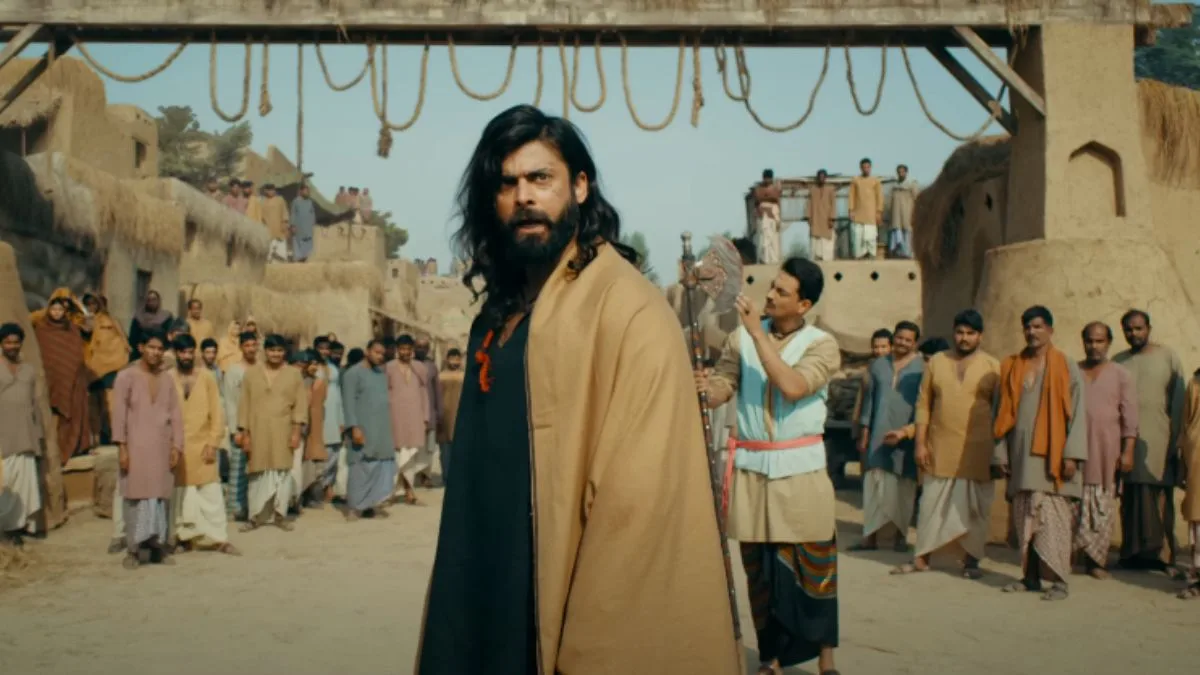‘The Ukrainian war of 2022 differs from all other wars in that the first thing the Russian government did was to prohibit us from even using the word ‘war’,” writes Russian dissident and staunch Vladimir Putin critic Valery Panyushkin in , a book not only about war but one which is also a stinging rebuke to his country’s invasion of a neighbouring state. Read this article for free: Already have an account? To continue reading, please subscribe: * ‘The Ukrainian war of 2022 differs from all other wars in that the first thing the Russian government did was to prohibit us from even using the word ‘war’,” writes Russian dissident and staunch Vladimir Putin critic Valery Panyushkin in , a book not only about war but one which is also a stinging rebuke to his country’s invasion of a neighbouring state. Read unlimited articles for free today: Already have an account? ‘The Ukrainian war of 2022 differs from all other wars in that the first thing the Russian government did was to prohibit us from even using the word ‘war’,” writes Russian dissident and staunch Vladimir Putin critic Valery Panyushkin in , a book not only about war but one which is also a stinging rebuke to his country’s invasion of a neighbouring state.
Stories gleaned from interviews with Ukrainian- and Russian-speaking civilians coping with the chaos of war, translated by Kent State language professor Brian James Baer and associate Ellen Vayner, reveal compelling narratives shaped by a gifted writer who paints a richly detailed canvas of loss intermixed with undiminished hope and solidarity. An award-winning journalist, Panyushkin also contributes to the acclaimed cultural magazine . His several books include (2011), an earlier biting critique of the autocratic Russian regime.

Marcus Yam / Los Angeles Times In this March 2022 photo, residents carry supplies back from Bucha amid the debris of battle with Russian forces near Irpin, Ukraine. By capturing nuances that display honesty (or hint at dishonesty) in stories told to him during the course of numerous interviews, Panyushkin’s narratives provide disturbing proof that war is madness. Experiences of non-combatants fleeing the initial Russian onslaught, and then of those trapped in active war zones, are relayed to him by both Ukrainian- and Russian-speaking witnesses, confirming that ultra-nationalists on both sides of this conflict flaunt their language to promote solidarity or division within bilingual regions of eastern Ukraine.
Panyushkin’s own commentaries, mixed with those of civilians he interviews, give readers useful insight into complicated, centuries-old historical ties, disclosing why Ukrainians and Russians harbour long memories which helped stoke this particular conflict. Its origins can be directly linked to the 2014 Maidan protests in Kyiv, to Russia’s seizure of Crimea, to the ensuing civil war in Ukraine’s southern and eastern regions and also to older memories predating the collapse of the Soviet Union in 1991 — and even to those stretching back to the Second World War, when ultra-nationalist Ukrainians welcomed Hitler’s occupation of Ukraine. Showing disdain toward such tenacious memories — also held by his own father — Panyushkin portrays Putin’s invasion as an unscrupulous act disguised as an historic defence of a homeland threatened by NATO and growing Nazi tendencies in Ukraine, to which he adds: “No one in Russia has yet to come up with a single reasonable response to the realization that we are the aggressors.
” Each of the book’s 13 chapters begins with an excerpt from “official reports” released by the Russian ministry of defense, citing numbers of Ukrainian military assets eliminated by Russia’s armed forces but ignoring its own burgeoning losses. Displaced Effectively juxtaposing such upbeat Russian propaganda with interviews from harried refugees, Panyushkin constructs a stark contrast showing that the fog of war hides many truths. The chaos and mayhem that gripped Ukraine upon news of Russia’s invasion becomes an overriding theme, with narratives relating how people abandoned their homes and became the initial wave of refugees fortunate to have the will and financial means of seeking safety in neighbouring countries such as Poland and Hungary, and eventually overseas in countries including Canada.
Monday mornings The latest local business news and a lookahead to the coming week. Yet it’s people displaced and forced to become refugees in their own country, like those fleeing war zones in southern and eastern regions, who provide most of the grist for Panyushkin’s interview mill. They bring first-hand stories, brutal and banal, from much-publicized and severely damaged places such as Bucha and Mariupol that speak of torture, murder and rape, and also from less-bombed Odessa, where a window-coverings salesman reacts to news of war by simply installing two new apps on his phone — one for air raid alerts and one for psychological advice.
Panyushkin reminds us this war is so digitized that many events have been captured on social media — Russian soldiers executing a civilian cyclist, a newly born infant shown in some barren but safe basement and the like. SUPPLIED Valery Panyushkin confirms what extensive media coverage first revealed. A ruinous and deadly war has affected millions of ordinary people — one instigated by an aggressor intent on calling it a “special military operation.
” Joseph Hnatiuk is a retired teacher. Displaced: Civilians in the Russia-Ukraine War By Valery Panyushkin, translated by Brian James Baer and Ellen Vayner Europa, 256 pages, $28 Advertisement Advertisement.
Entertainment
Caught in the crossfire
‘The Ukrainian war of 2022 differs from all other wars in that the first thing the Russian government did was to prohibit us from even using the word ‘war’,” writes [...]














